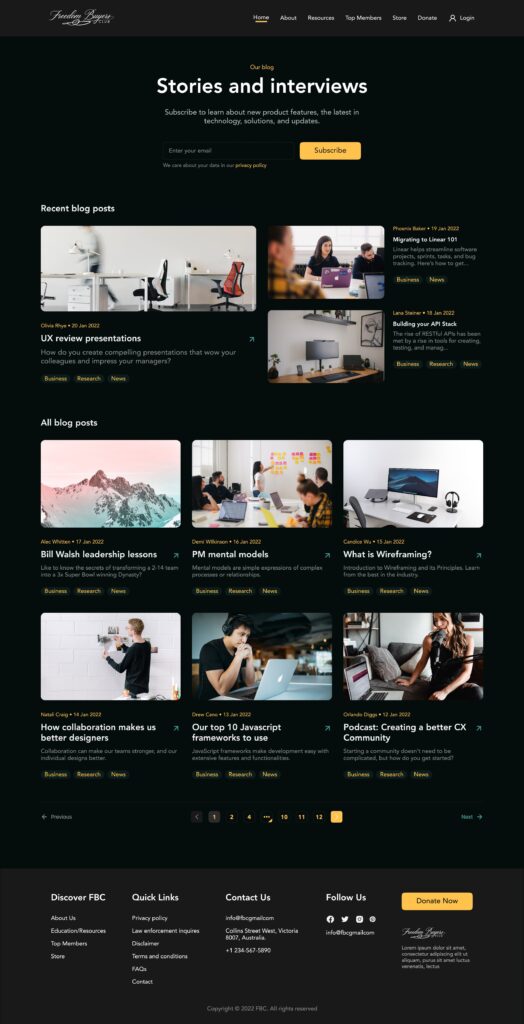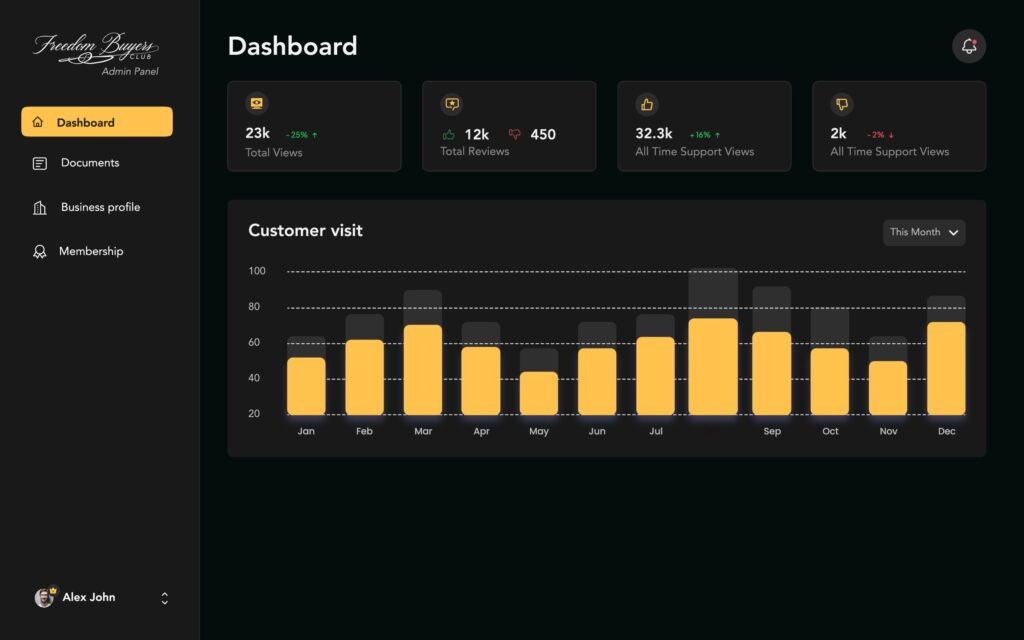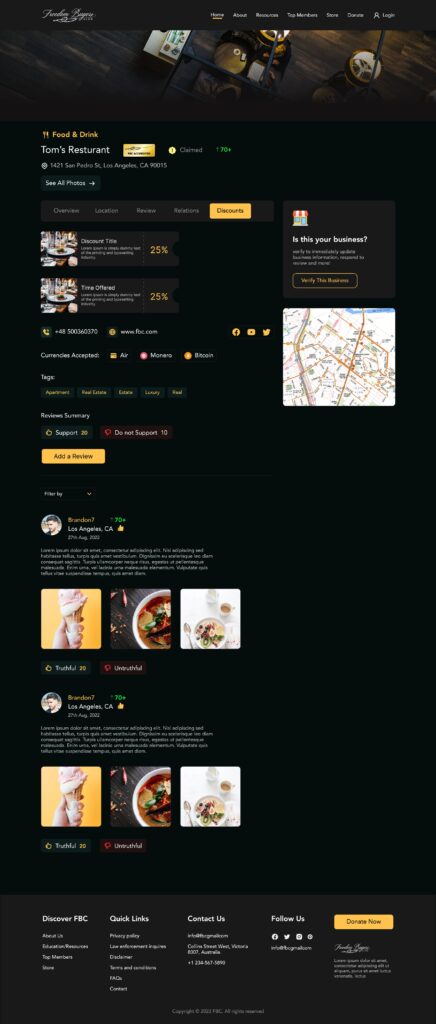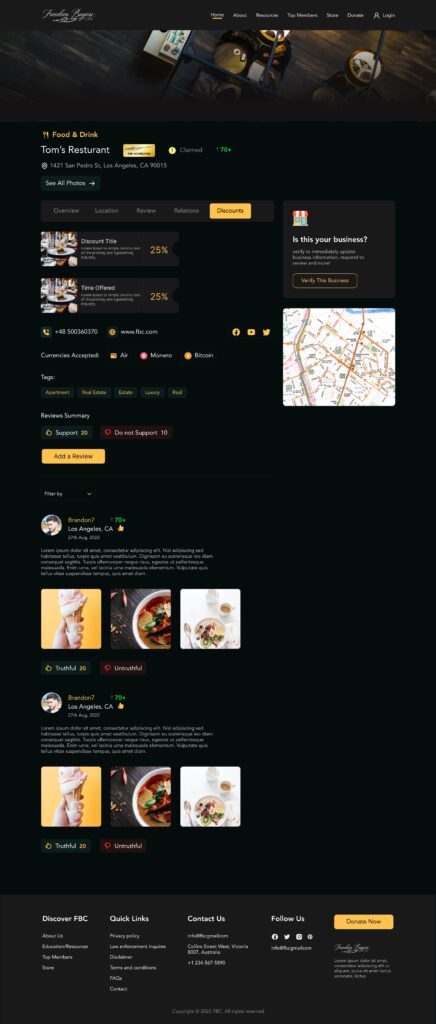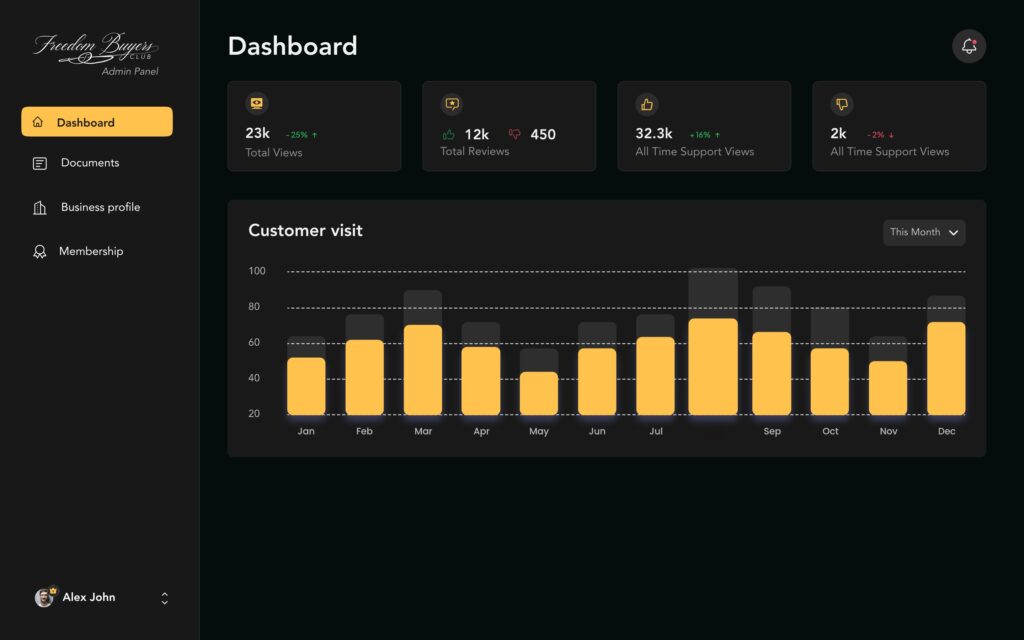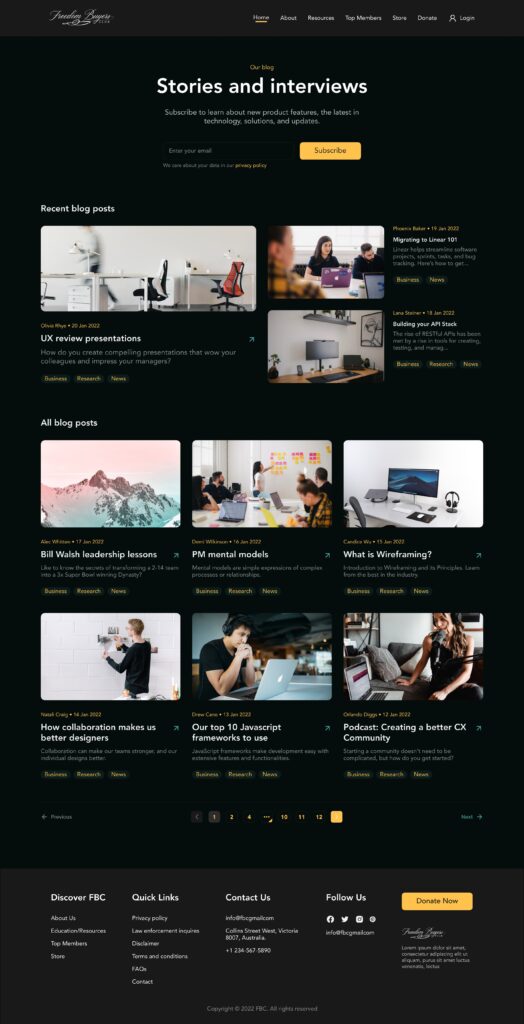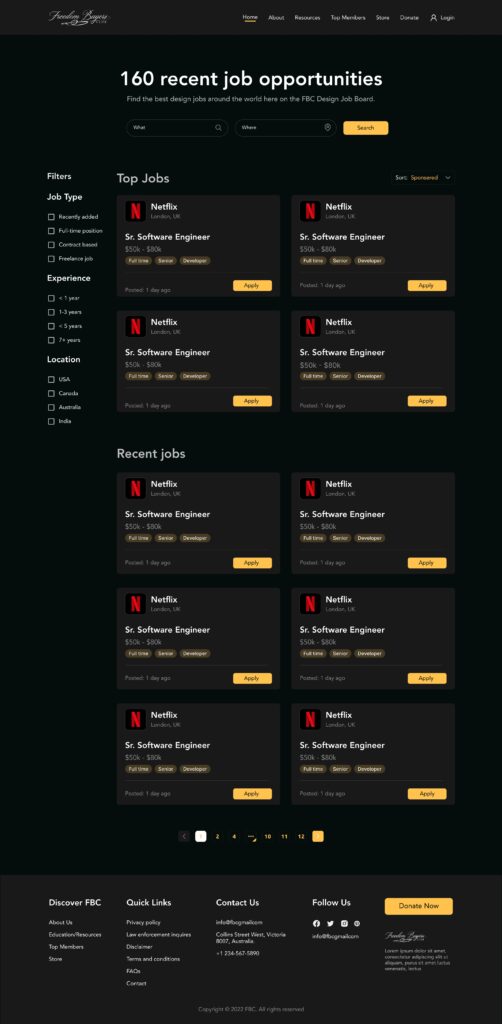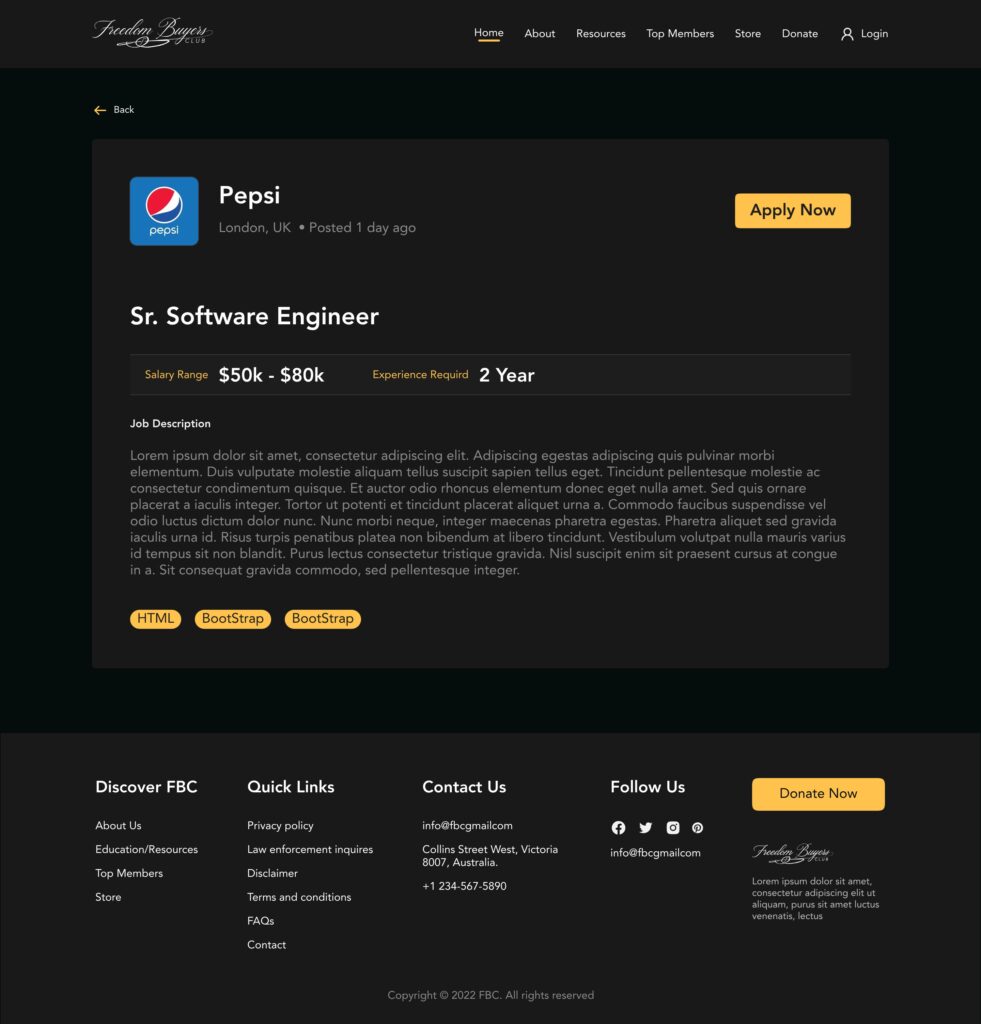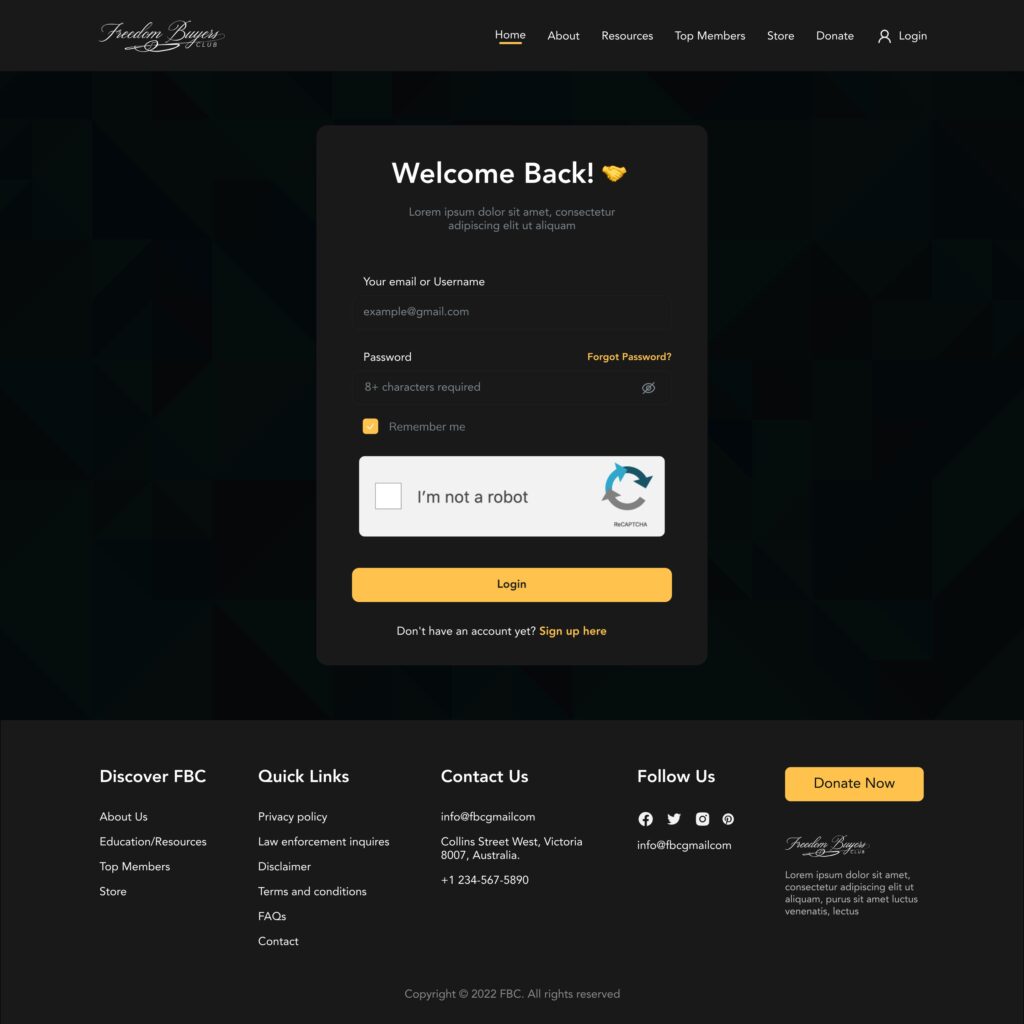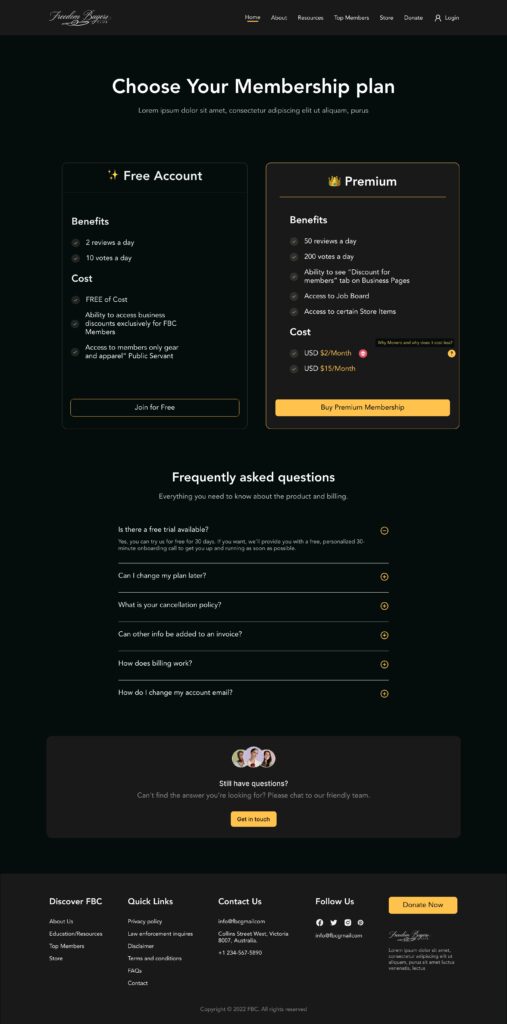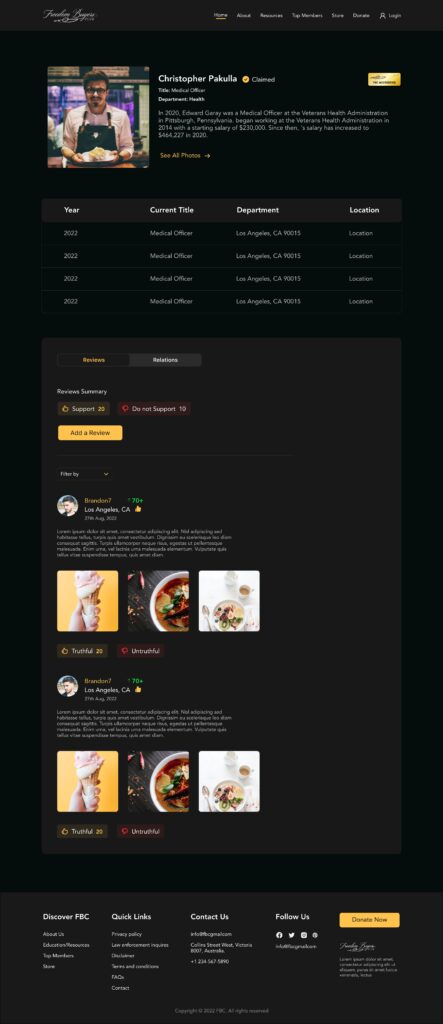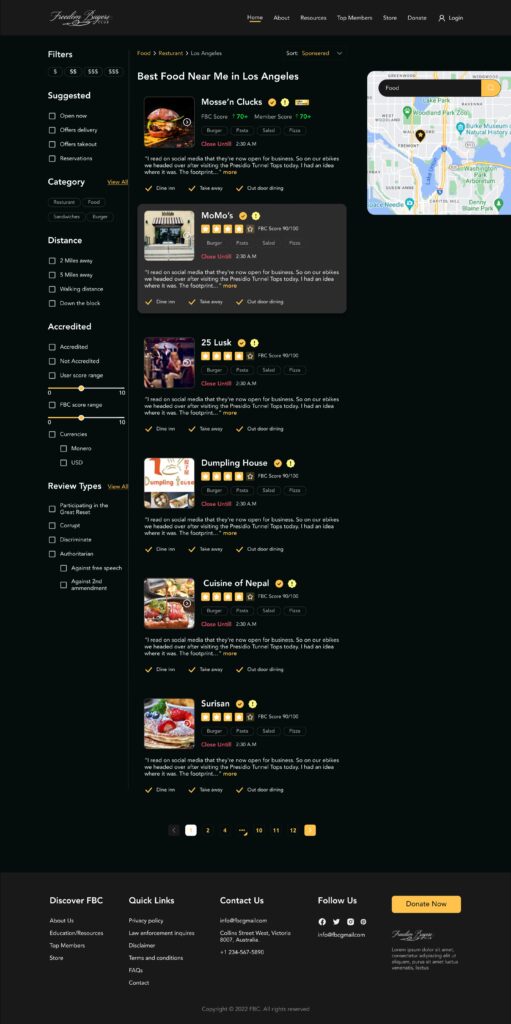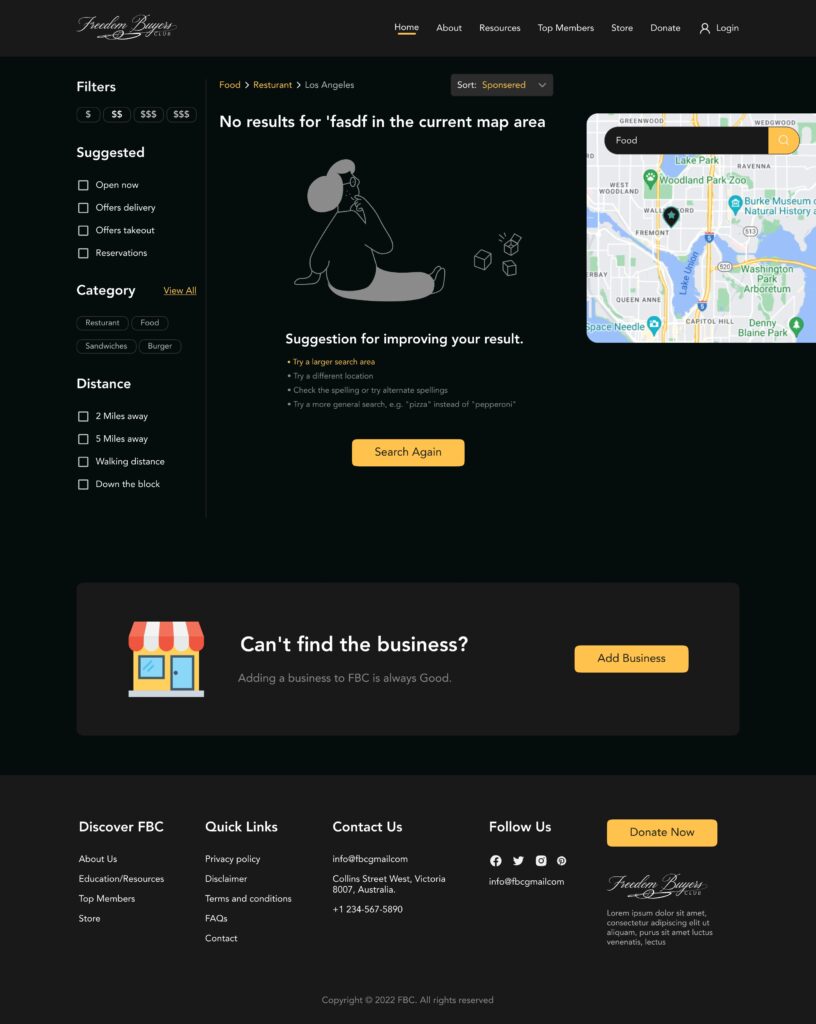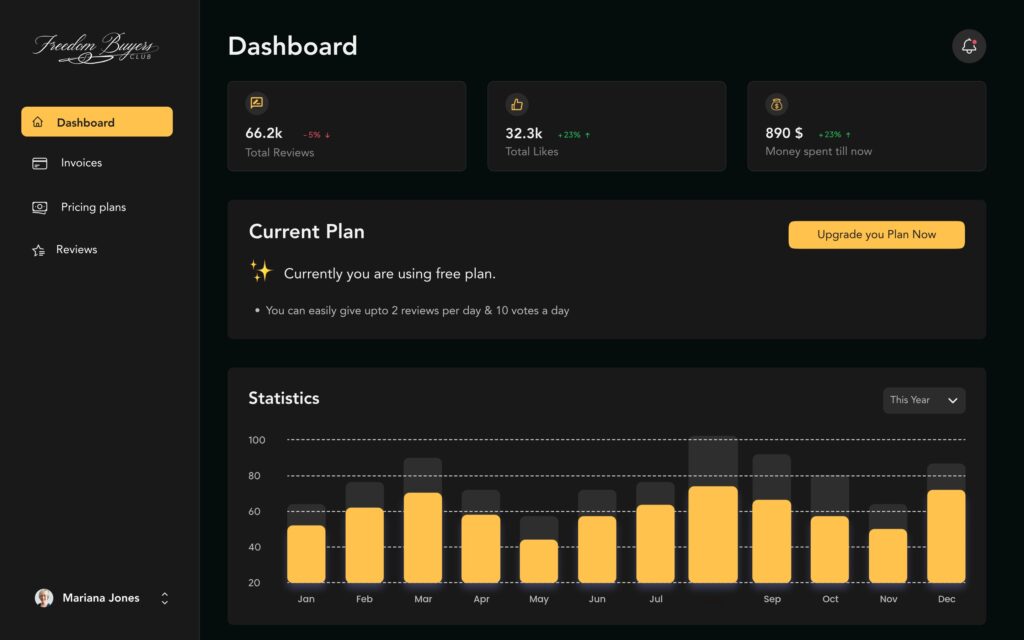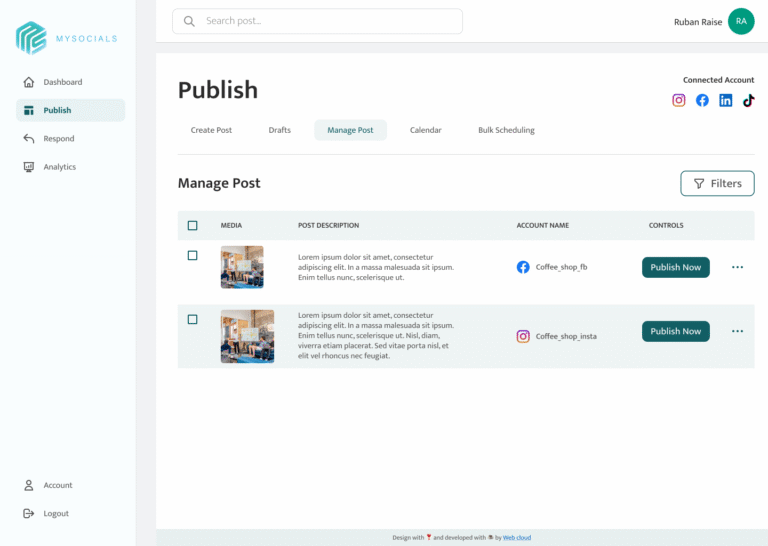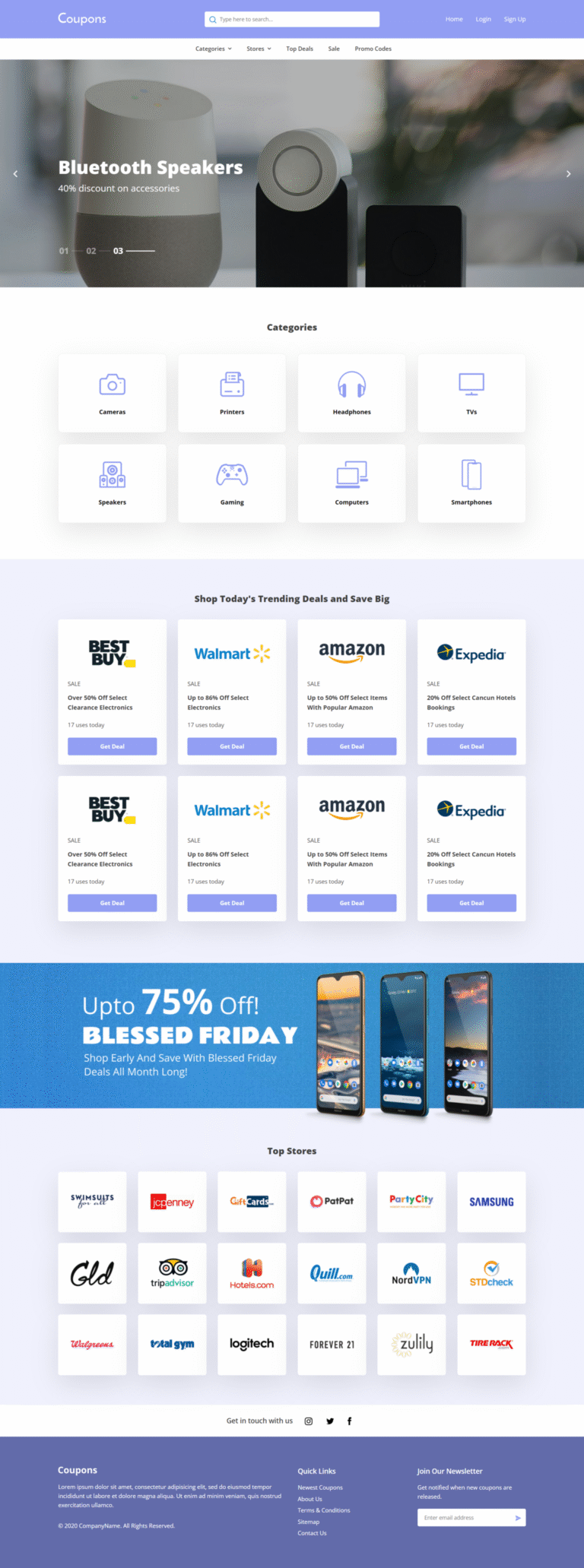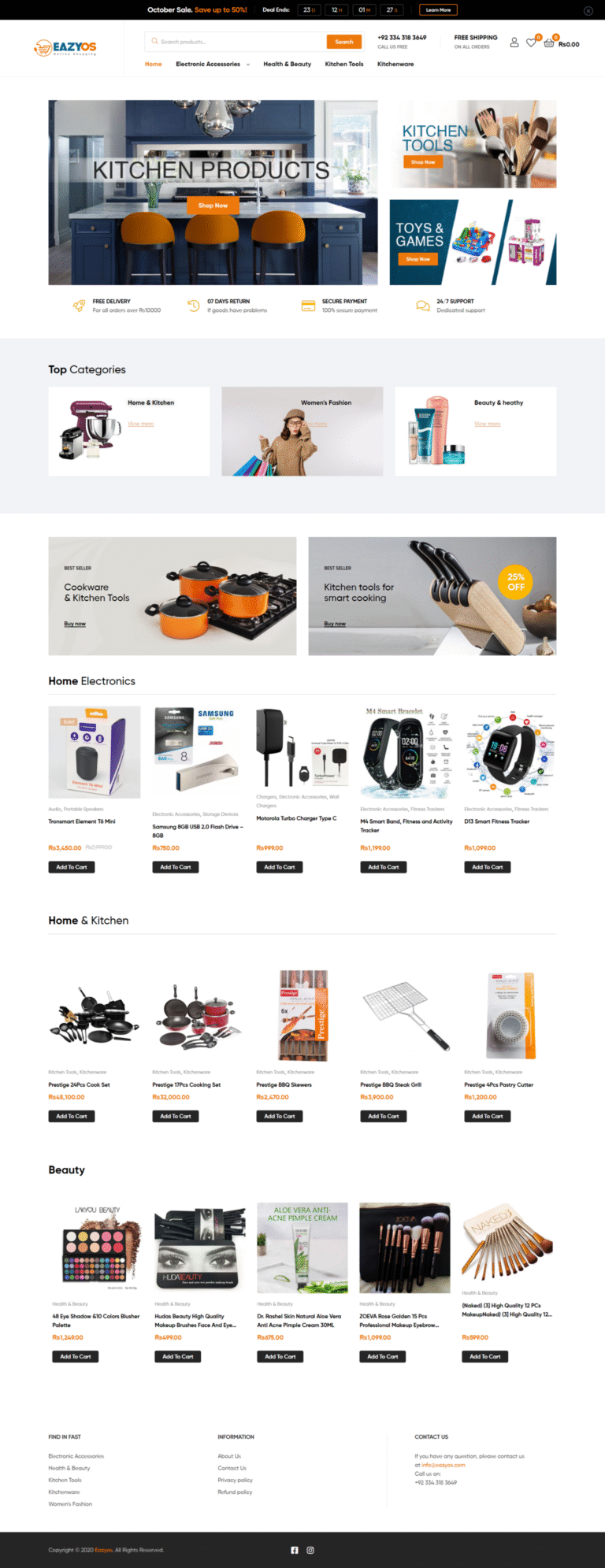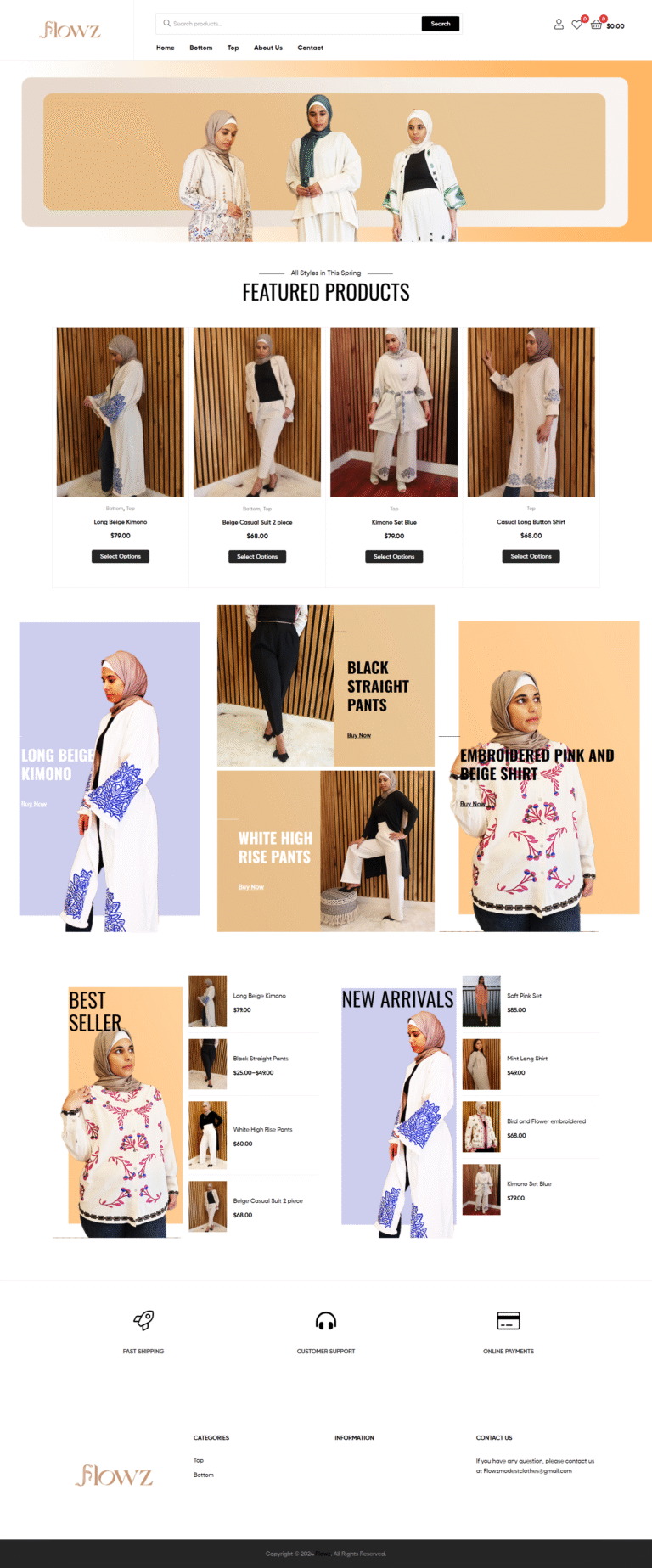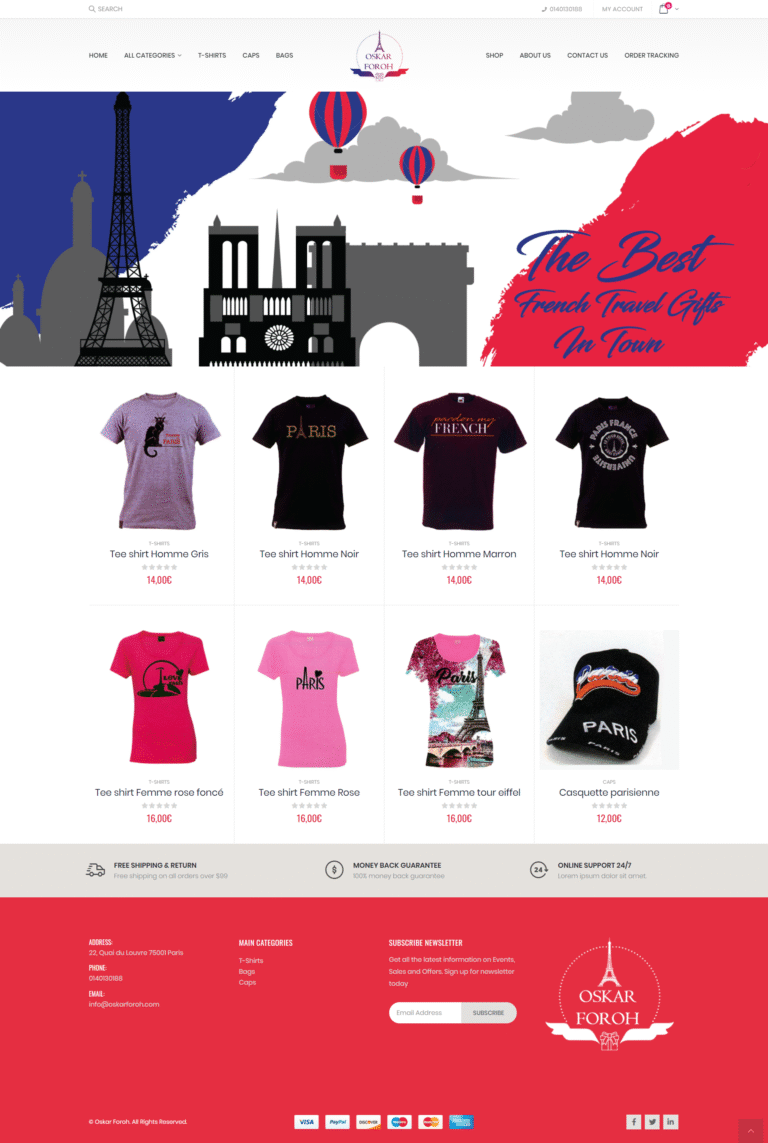User -Centered Design
From day one, we followed an iterative, user-centered design (UCD) approach. We started by researching potential users: privacy advocates, small business owners, and concerned citizens. Weconducted interviews and surveys to uncover their needs, frustrations, and goals. Early on, we created personas and empathy maps to keep the team aligned (see below). We sketched wireframes for key pages (search, profile, review submission) and held quick usability tests. Each prototype was refined based onfeedback – we added features like document upload and voting after seeing user concerns in tests. AsInteraction-Design Foundation notes, UCD means involving users in every phase, and we did just that:every major feature (from map filters to payment flow) was wireframed, reviewed with users, and iterated.Even the “Christmas tree” tag editor grew out of observing that users wanted flexible filtering. By centeringon real user needs (surveys and logs showed they valued anonymity and proof), we ensured the final design matched their expectations.
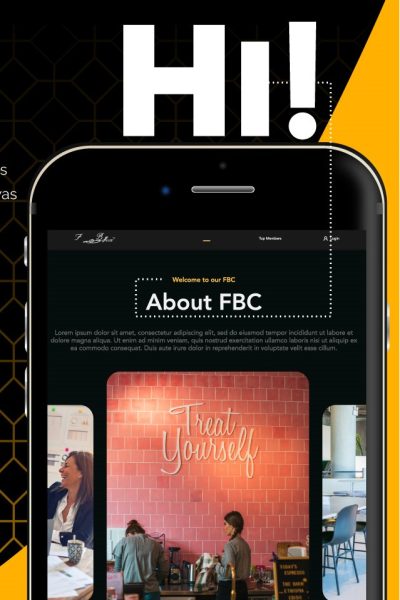
Project Goals
Problems
Solutions
Results
Conclusion
Problems
Most review platforms (like Yelp or TrustPilot) focus solely on businesses and rely on ad-based revenue, centralized moderation, and fiat-only payment models. These systems often.
Censorship & Bias
Centralized platforms can suppress or promote reviews arbitrarily. For instance, research shows Yelp has faced lawsuits alleging it hides negative reviews unless businesses pay. Such bias skews public perception.
Lack of Transparency
Users have no insight into how reviews are ranked or moderated. Major sites don't disclose their filtering algorithms, eroding trust.
Limited Scope
Existing sites only let you review companies or products. There's no mainstream venue to rate or document experiences with public officials.
Privacy Concerns
Typical review sites track user data and require real names. Privacy-conscious users are reluctant to criticize anyone for fear of backlash.
Weak Incentives
Reviewers on most platforms earn nothing tangible, so participation is low. Valuable feedback often goes unwritten.
No Crypto Support
Traditional review sites accept only fiat payments, alienating cryptocurrency users and ignoring the benefits of anonymous payments.
These issues create a vacuum for a platform that safeguards anonymity, broadens scope to public accountability, and genuinely rewards truth-telling.
We designed and built a multi-functional web application with the following core features

01
Location-Based Search & Map Interface
We built a powerful geosearch engine. Users enter a location or browse an interactive Leaflet map with Google-style hover previews to find businesses and officials within 25 miles. This mimics familiar map apps for easy discovery.
02
Dynamic Filters & Tags
Every profile and review can be tagged with multiple categories (the “editable Christmas tree”). Users filter results by case type, support level, or document type, making it easy to find relevant entries.
03
Tiered Profile System
There are distinct dashboards for regular users, businesses, and public officials. Free users can post a limited number of reviews per day and votes, while Premium users unlock far higher quotas and visibility. Accredited businesses and officials can claim and verify their profiles.
04
Crypto-First Monetization
We integrated a Monero node so that subscriptions and payments can be made anonymously. Premium memberships and accreditation fees can be paid in Monero at very low cost or by card, giving users payment choice without sacrificing privacy.
Location-Based Search & Map Interface
We built a powerful geosearch engine. Users enter a location or browse an interactive Leaflet map with Google-style hover previews to find businesses and officials within 25 miles. This mimics familiar map apps for easy discovery.
Dynamic Filters & Tags
Every profile and review can be tagged with multiple categories (the “editable Christmas tree”). Users filter results by case type, support level, or document type, making it easy to find relevant entries.
Tiered Profile System
There are distinct dashboards for regular users, businesses, and public officials. Free users can post a limited number of reviews per day and votes, while Premium users unlock far higher quotas and visibility. Accredited businesses and officials can claim and verify their profiles.
Crypto-First Monetization
We integrated a Monero node so that subscriptions and payments can be made anonymously. Premium memberships and accreditation fees can be paid in Monero at very low cost or by card, giving users payment choice without sacrificing privacy.
User Personna

ALEX
Meet Alex, 34, a tech-savvy data analyst living in Seattle. Alex values privacy and social justice. He follows local politics closely and has been frustrated by mainstream review sites’ limitations. In our design, Alex exemplifies the typical user. He often searches online forums about local businesses and council meetings. Key traits:
BACKGROUND
Tech professional who holds cryptocurrency and cares about civil liberties. Tech-savvyand well-read.
GOALS
Wants to leave candid, evidence-backed reviews of a newly opened café (and occasional city (official), without revealing his real name. He aims to share receipts or photos to prove his experience.
FRUSTRATIONS
Dislikes mainstream platforms that require real-name logins or censor dissent. He's annoyed by biased or fake reviews on big sites. He'll skip any site that demands excessive personal data.
BEHAVIOR
Alex tends to prefer web services that respect privacy. He values crypto payments and often follows user-driven platforms. He engages actively if he sees community recognition.
Storyboard
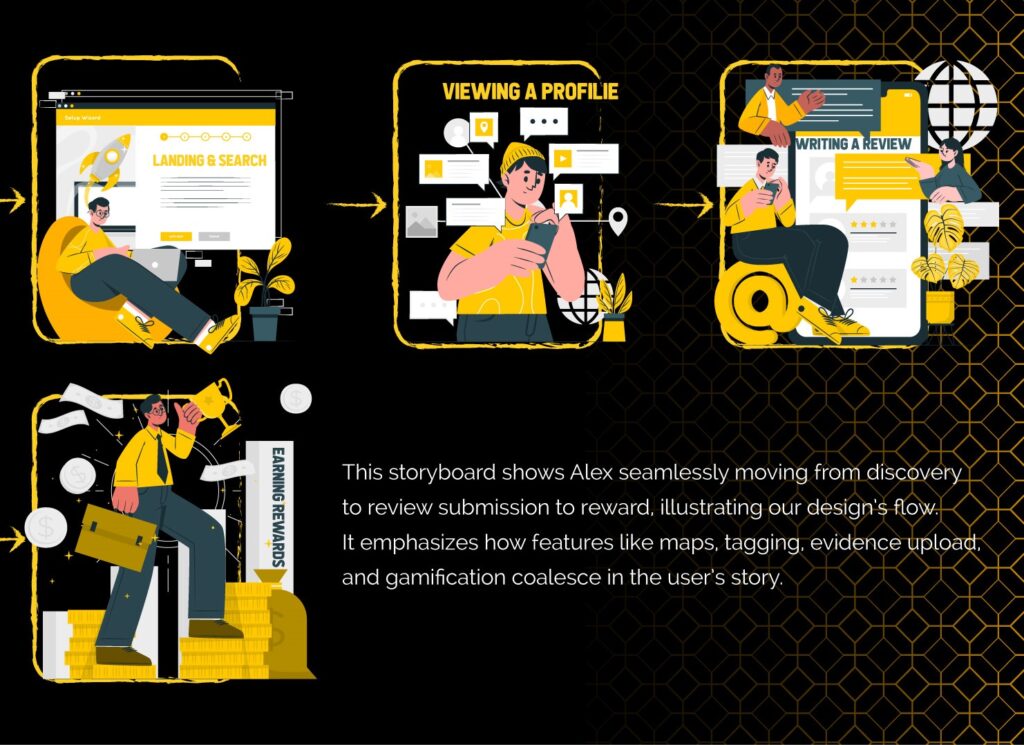
Empathy Map
To deeply understand Alex’s mindset, we created an empathy map- a tool that distills a user says, think, does, and feels. This ensures the product addresses his true emotions. For Alex it might look like.
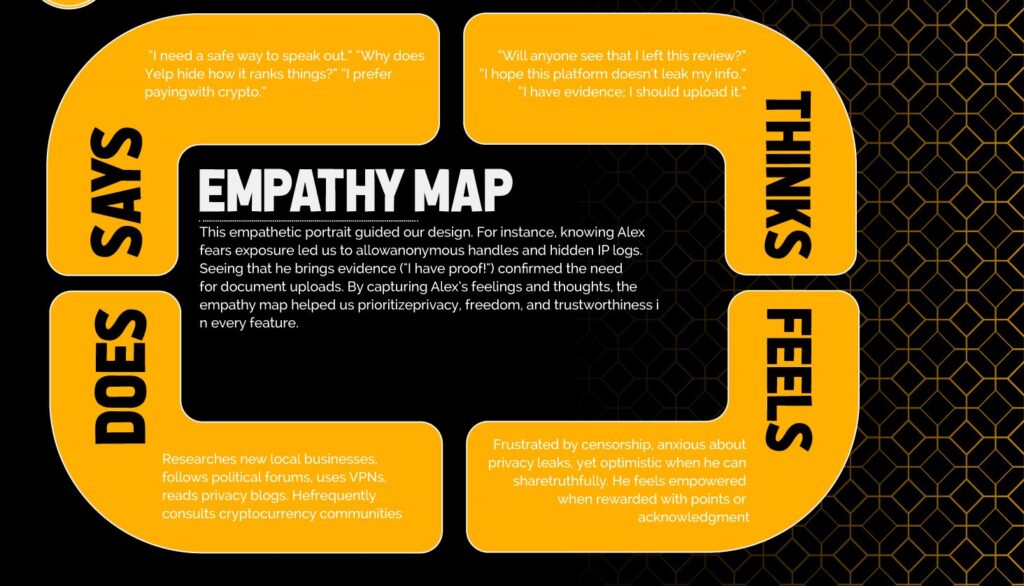
User Flow
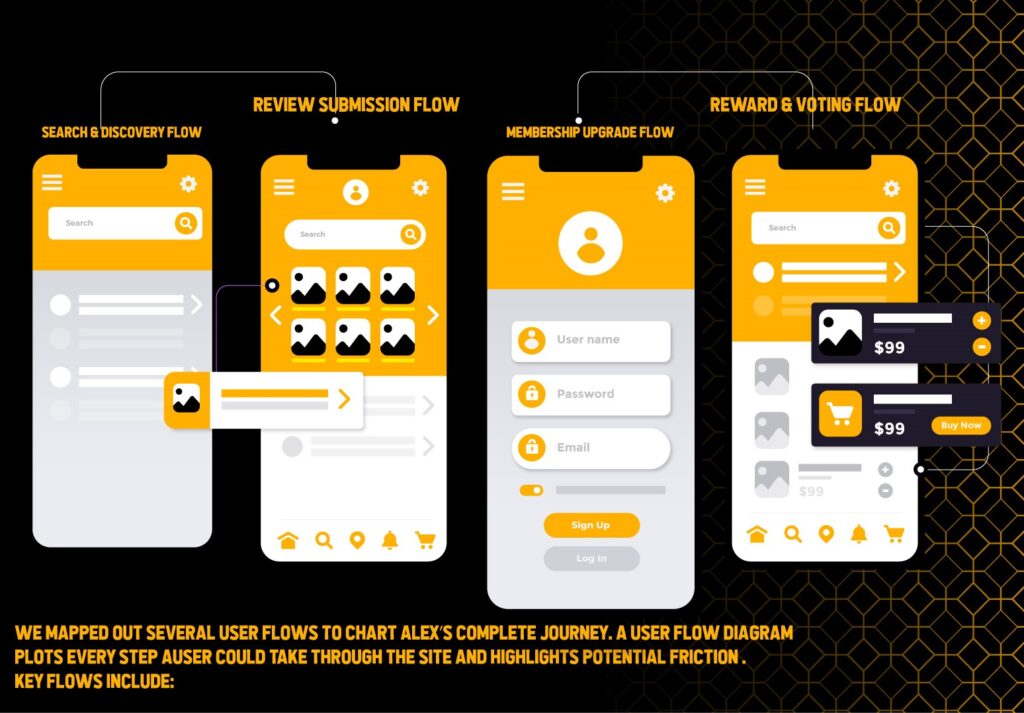
WireFrames
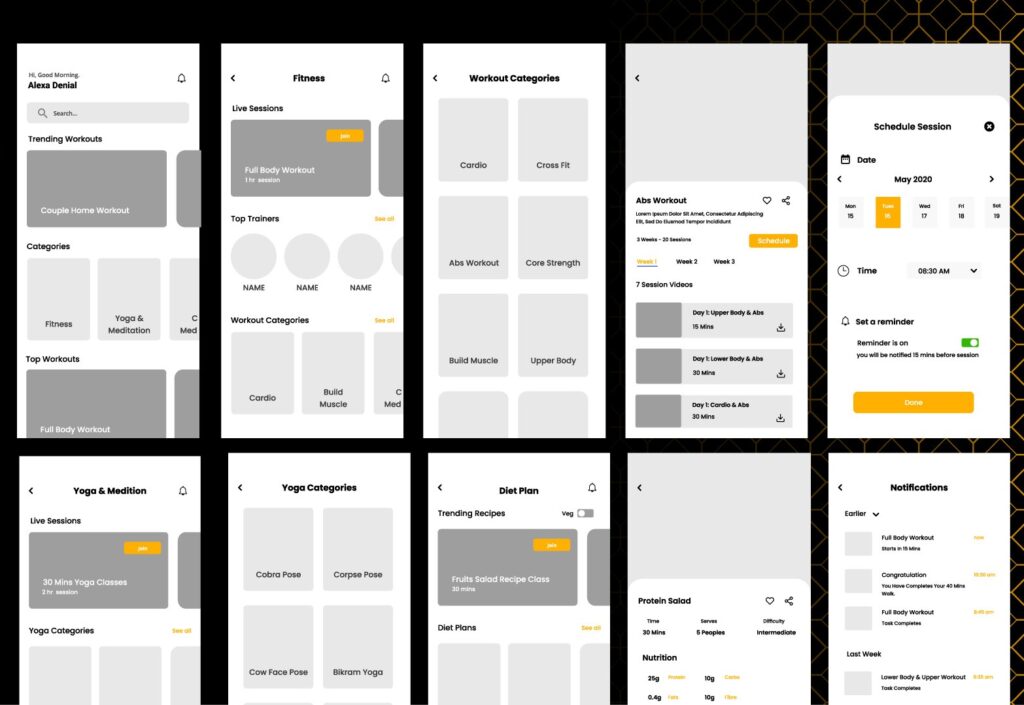
Results
• Delivered a secure, scalable, and crypto-integrated review platform within 6 months.
• Enabled free speech, privacy, and public accountability in one cohesive interface.
Currently onboarding beta testers and premium users, with roadmap items including Phase 2 Marketplace and extended public servant analytics.

Technologies Used
Frontend:
HTML, TailwindCSS, JavaScript
Backened:
Node.js PostgreSQL (or alternative stack)

Maps
Leaflet.js
Payments
Custom Monero RPC Integration + Card Processor API
Security
Captcha, Token Auth, Server-side IP masking
Conclusion
This project demonstrates how platforms can be built outside the confines of mainstream techmonopolies with freedom, privacy, and decentralization at their core. By incorporating cryptocurrency, user incentives, and full admin oversight, we created a tool that empowers communities to review not just businesses, but the people in power.
